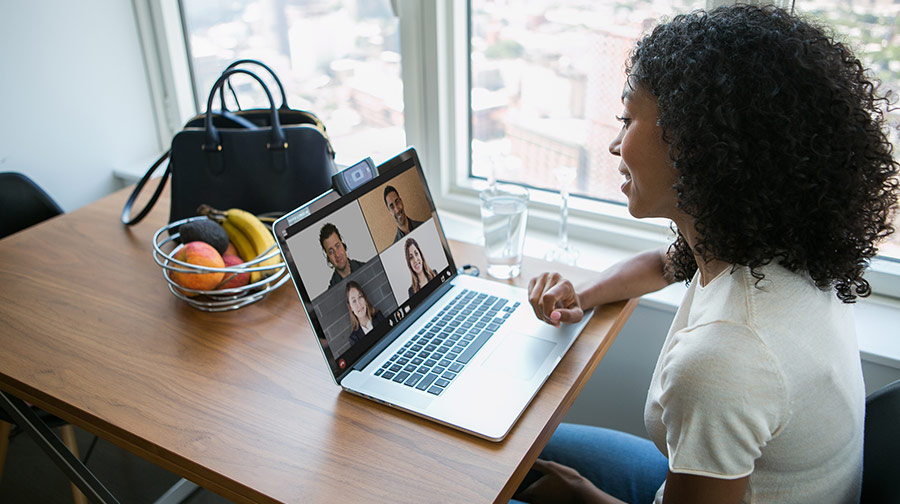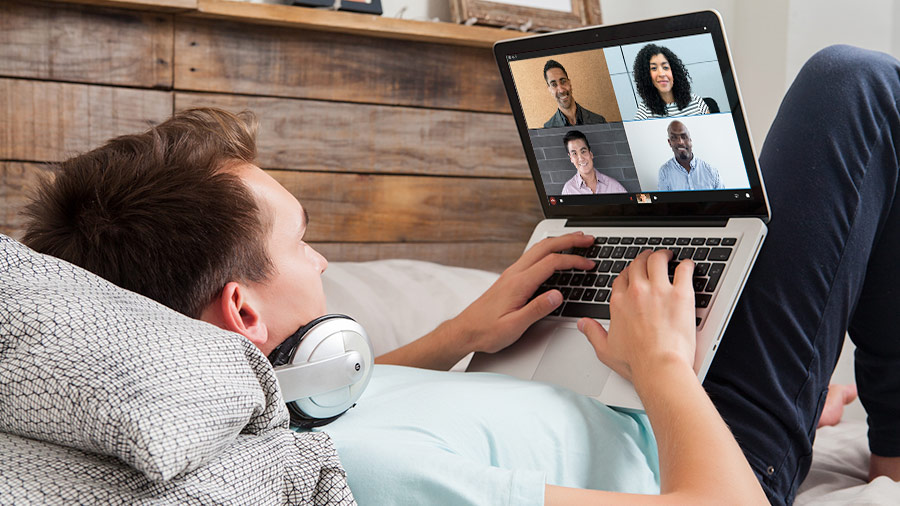One-in-three American workers today are Millennials. While my generation transforms the workforce, employers are finding it increasingly difficult to establish the right incentives to attract and retain top talent. Millennials are maturing, entering managerial roles, becoming decision makers and leading in different departments. We’ve outgrown typical in-office perks and are ready to embrace their new and innovative replacements. The beer taps, snacks-as-a-benefit and foosball tables won’t keep us engaged anymore.
We are establishing our place in our fields, while also bringing along the values and visions of a change-driven generation. From saving money on commutes and housing, to striving for an overall better quality of life, our growing group is in search of a new working culture. We want to make money without sacrificing the time necessary to experience the world around us. We want to enjoy the now while working towards the future.

Working From Home: Mentally and Economically Healthy
For Millennials, working from home isn’t a lazy desire, but rather a highly pragmatic opportunity. According to a survey reported by Forbes, remote workers scored 8.1, compared to their in-office counterparts who scored 7.42, when asked about their satisfaction in the workplace. Of those who were in the remote work group, the majority reported “freedom and flexibility” as the two key factors in their job satisfaction. This comes back to the idea that as Millennials, we want to take hold of our lives. We want to have the freedom of choosing when to work and how to work, with the stress-free nature of home. Working from home allows employees to work efficiently, while still enjoying the comfort of home, and as a result remote teams experience higher levels of happiness and control.
Mental health is not the only factor at play when discussing remote work, especially when we consider the economy as well. At a time when economic deficiencies call for simplicity and cost efficiency, Millennials have learned to embrace the concept of getting more for less. Remote work directly impacts the ability for Millennials in the workforce to save money. From saving an average of $686 a year on gas, to an average of $1,040 in lunch and coffee, remote workers are able to save more money working from home. It’s time to take Millennials’ “fewer cable bills, more Netflix. Fewer dinner tabs, more dating apps!” strategy, to the workplace.
It’s understandable, however, to acknowledge that remote workplaces can become a potential factor in creating isolated and antisocial cultures. Fortunately, with video conferencing technology pioneers like Vidyo, remote environments are now able to seamlessly preserve the human element, while empowering an engaged workforce. This way, we are still able to save money and be happy, while staying engaged with the people around us — both in and outside of the home.

A Remote Workforce: Productivity and ROI
Not only does remote work encourage a healthy mental space, but it also allows for higher rates of productivity. This was observed by a Chinese travel company called CTrip, in which remote employees resulted in “making 13.5 percent more calls than their comparable office workers.” The comfort of home allows for easy thinking and creativity, without the distraction that often comes from in-office pressures. The idea of remote work is neither new nor unventured for major companies like American Express, where the company was able to report an “annual savings of $10 million to $15 million thanks to its remote work options.”
It’s time for organizations to embrace a remote workforce. With talent shortages and skill gaps across multiple industries, organizations scramble to entice the best and the brightest Millennials to come work for them. With affordable and simple to use video meeting solutions, it’s easier than ever to support remote workers while maintaining a connected corporate culture. Remote work teamed with video meeting solutions helps Millennials achieve the balance and comfort we’re seeking, whether it’s spending more time with our pets and less time with our cubicles, or spending more time capturing the world and less time catching the bus.